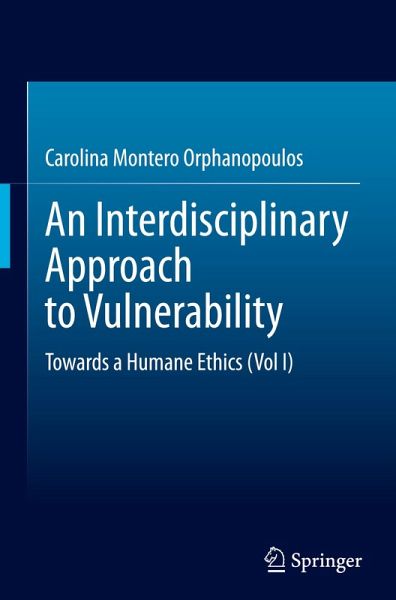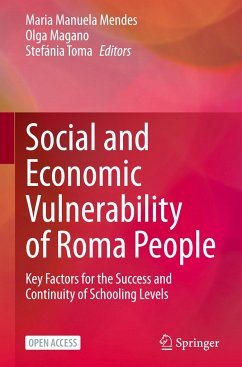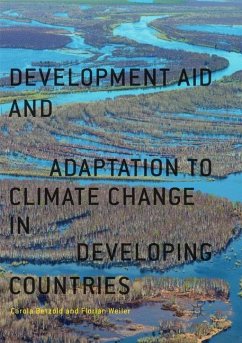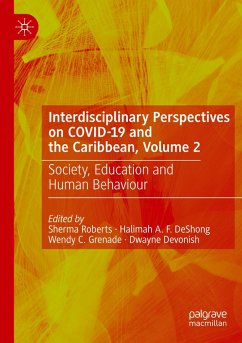
An Interdisciplinary Approach to Vulnerability
Towards a Humane Ethics

PAYBACK Punkte
46 °P sammeln!
This book examines vulnerability as an anthropological category, unveiling its profound role in defining human existence. Through an exploration of relationality, dependence, and finitude, it sheds light on how vulnerability shapes human experience and our shared fragility. Engaging with key philosophical, psychological, bioethical and sociological traditions, the volume invites readers to reconsider vulnerability not as a limitation but as a foundation for connection and solidarity. With this approach, the book lays the groundwork for a deeper understanding of human nature, enriched by interd...
This book examines vulnerability as an anthropological category, unveiling its profound role in defining human existence. Through an exploration of relationality, dependence, and finitude, it sheds light on how vulnerability shapes human experience and our shared fragility. Engaging with key philosophical, psychological, bioethical and sociological traditions, the volume invites readers to reconsider vulnerability not as a limitation but as a foundation for connection and solidarity. With this approach, the book lays the groundwork for a deeper understanding of human nature, enriched by interdisciplinary dialogue. A precursor to the theological and ethical reflections developed in the second volume, this work redefines vulnerability as central to the human condition.














